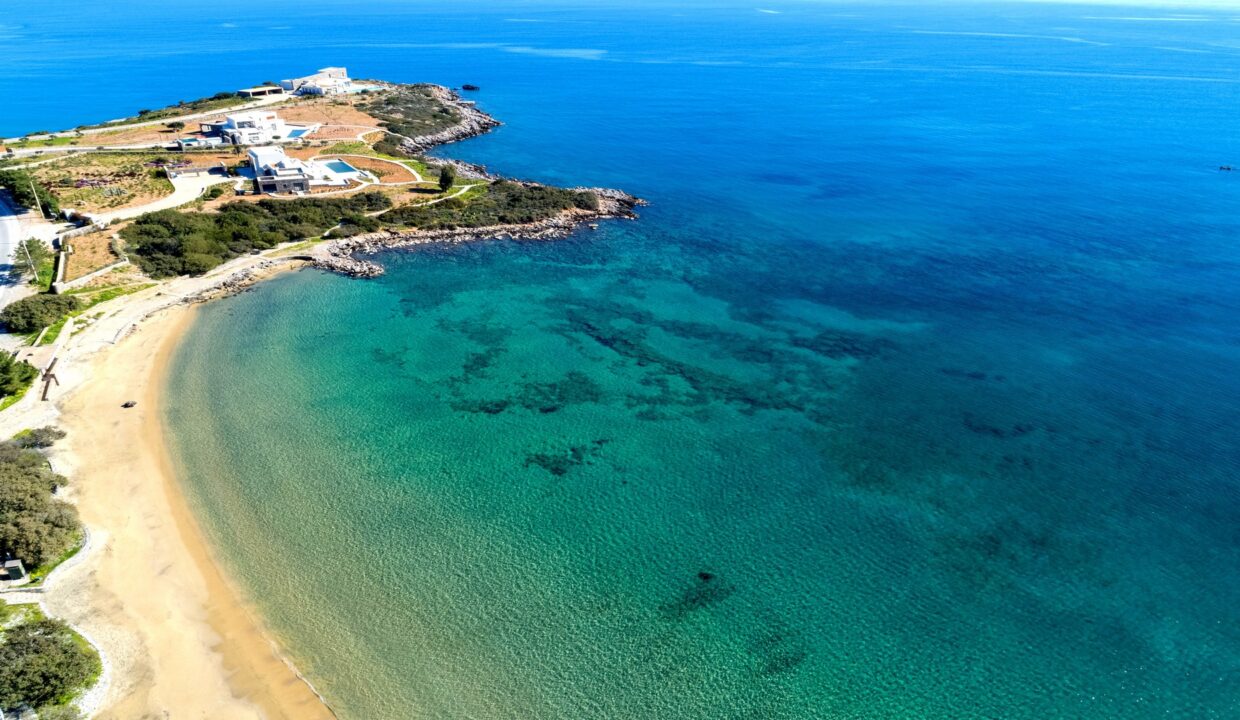
The importance of Greece as a strong international transport and transit hub was demonstrated by Mr Yiannis Pierros, Partner of EY’s Audit Services in Greece and Head of the Automotive and Transport Sector of EY Greece and EY Central, Eastern, Southeast Europe and Central Asia (CESA) during his presentation at the 7th Capital Link Shipping Forum for Analysts and Investors, organized by Capital Link on October 21 and 22, 2020.
Shipping today is far from the second – the most extraverted sector of the Greek economy, a source of income, wealth and prestige for Greece. Most importantly, it is the comparative advantage that places the country among the most important shipping hubs in the world.
As competition between major shipping hubs is expected to intensify in the coming years, and despite the trend towards near-shoring due to COVID-19, Mr. Pierros calculated that it is highly likely that we will see the growth of new major shipping hubs in the next twenty years. that could threaten the world’s traditional shipping centers, including Piraeus.
According to the speaker, there are four main factors that contribute to the attractiveness of a city or region as a global transport hub:
presence of significant local shipowners or managers of shipping companies
strong financial, legal and other specialized business services
the presence of a developed infrastructure of ports and a supply chain, as well as
a tradition of marine technology associated with innovation, research and development, training and the availability of human resources.
Greece, despite its respectable marine ecosystem of over 3,500 companies, has not made significant progress in the other three sectors. Mr Pierros stressed that “having an important port infrastructure and logistics infrastructure capable of handling the growing number of cargoes arriving from Asia to Central Europe, along with a strong presence of Greek ships and the country’s geographic location, is the key for Greece to improve its indicators and take a place among the world’s strongest shipping centers.
To maximize the potential of its strong shipping industry, Greece will need to develop and further strengthen its transport and logistics sectors, which could have multiple benefits for the Greek economy. Its geographic location, along with more than 25 ports currently operating in the country, the most developed motorway network in Southeast Europe and its five free trade zones, are just a few of the elements that give Greece a comparative advantage as a regional and international transit center.
An indicator of a country’s potential is the significant progress achieved in terms of the degree of connectivity with international transport networks. According to the LSCI (Linear Service Availability Index), Greece has managed to improve its performance from 69th place in 2011 in just eight years and took 20th place in the world for 2019, ahead of competing countries in the region.
In particular, Piraeus is today the most important port in the Mediterranean and the fourth largest port in Europe, with nearly 5.6 million 20-foot units (TEU) and over 16.5 million passengers registered in 2019. In addition, the speaker noted that “Thessaloniki has the potential to become the second successful story after Piraeus as the most important port for the development of the country’s export activities, if the planned increase in its capacity and improvement of its interconnections are completed.”
According to a 2019 EY survey of business leaders who make extensive use of Greece’s ports, infrastructure and logistics services, more than 40% of participants rated the port of Piraeus as excellent in terms of the quality of infrastructure and services offered, their availability / capacity, and effectiveness of cooperation. In contrast, in the case of the Port of Thessaloniki, the results showed that despite the progress made in recent years, there is still a lot of room for improvement, with most participants assessing the quality of the infrastructure and its functions as low or, at best, just sufficient.
However, participants noted that overall infrastructure and logistics and transport functions in Greece have improved over the past three years, with ports growing at the fastest pace, while the rail network and customs remain at the same level or with slight deterioration.
In conclusion, Mr. Pierros said that while it is clear that Greece has come a long way in recent years to strengthen its position as a global shipping and transit hub, there is still much room for improvement. “Achievement of excellence in the logistics sector will improve the country’s position in world trade, which, in turn, may raise other indicators necessary for the further development of Greece as a strong global shipping hub,” he concluded.
